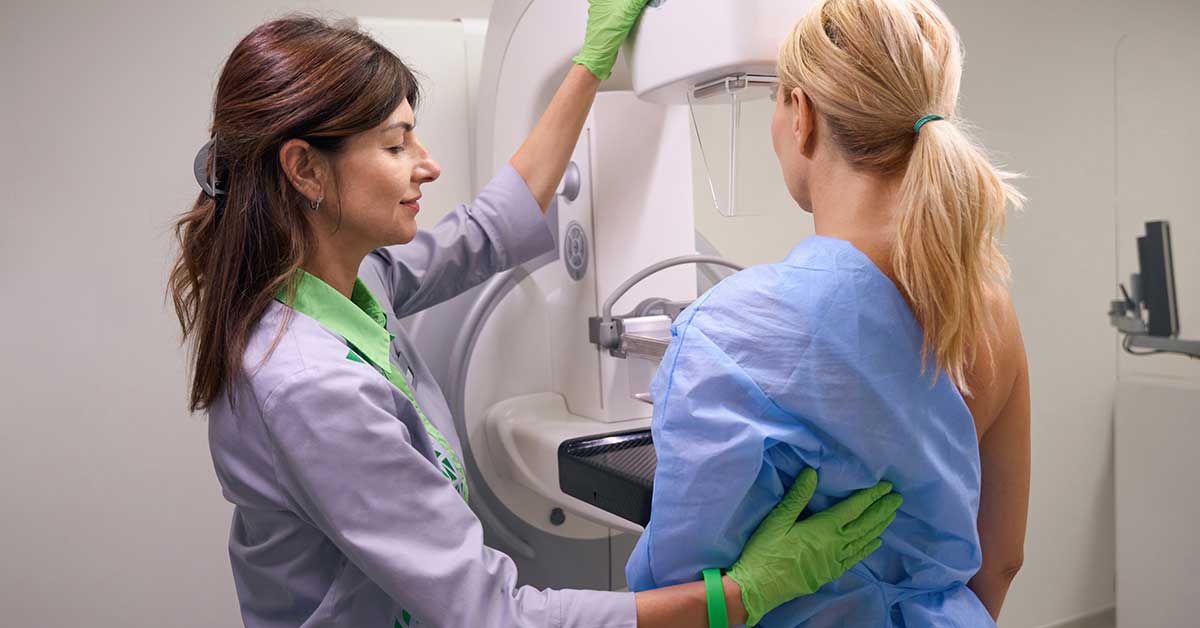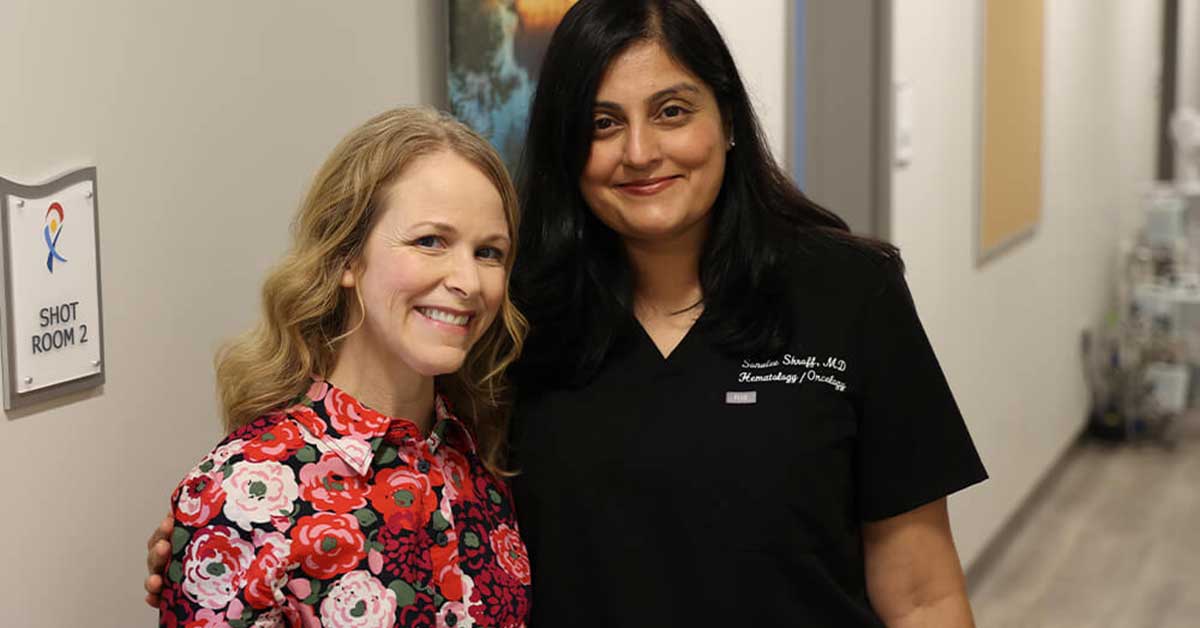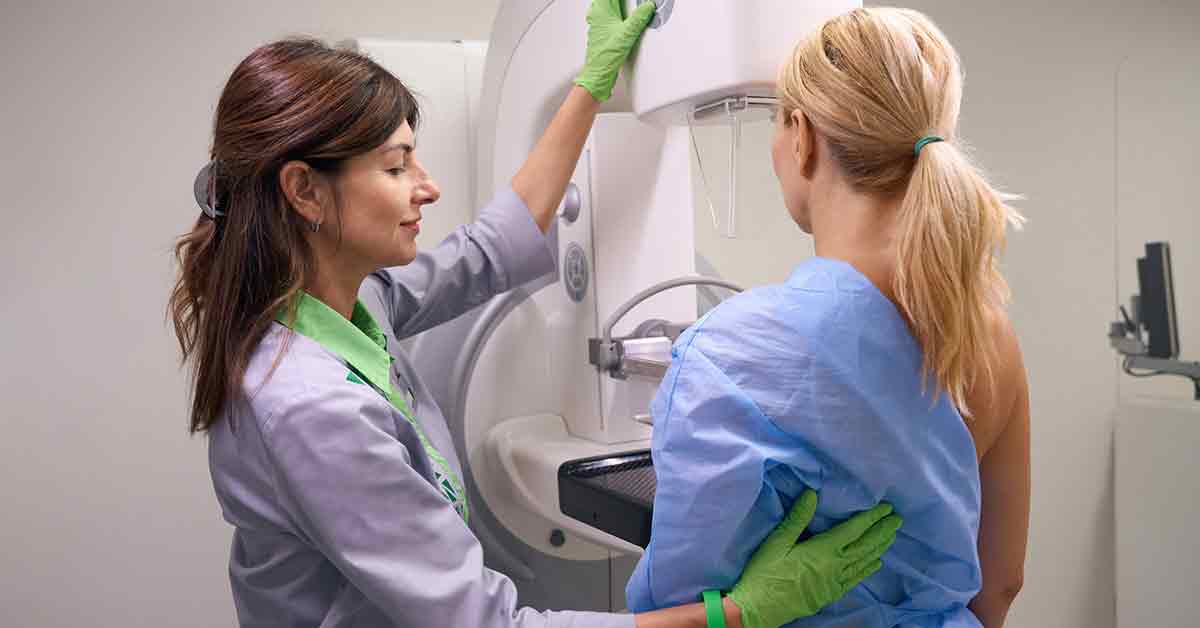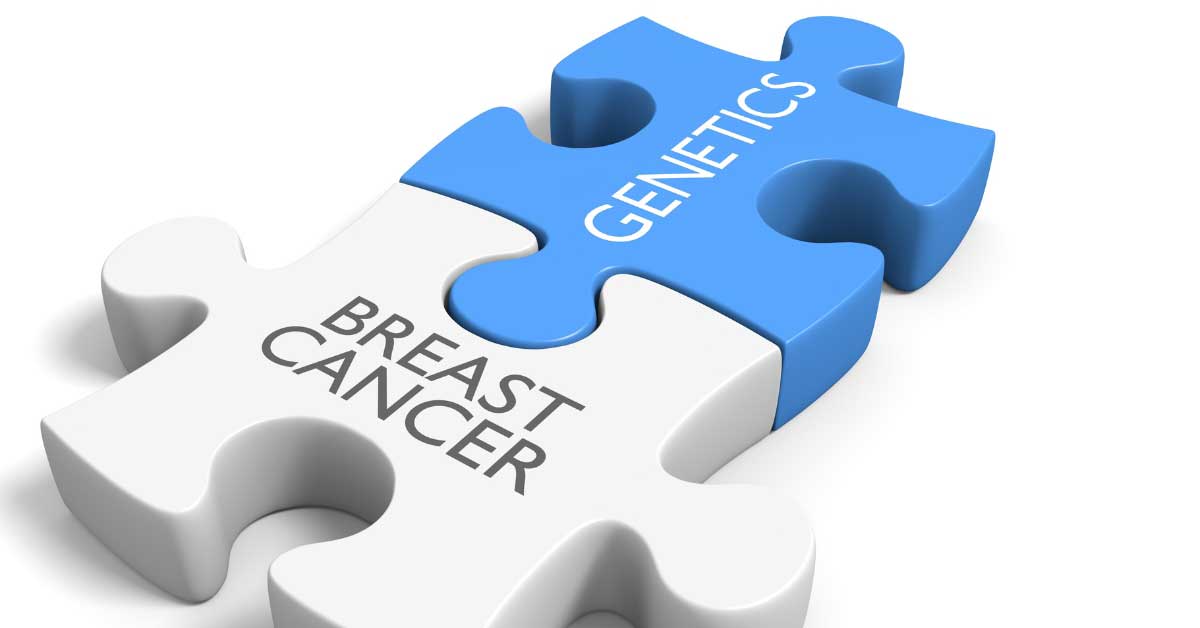Inflammatory Breast Cancer - Summary, Symptoms, Treatments
Contact Us
What is inflammatory breast cancer?
Breast cancer develops in the cells of the breast and there are several types. It can occur in both men and women, but it is far more common in women. Inflammatory breast cancer (IBC) is a rare and aggressive form of breast cancer that develops rapidly and often does not form a distinct lump like other breast cancers. Instead, it grows in the breast’s lymphatic vessels, causing the breast to appear red, swollen, and warm, sometimes with a thickened or pitted skin texture called “peau d’orange” (like an orange peel).
Back to Top
What are the signs and symptoms of inflammatory breast cancer?
Inflammatory breast cancer often develops quickly and presents differently from typical breast cancers. The main signs and symptoms can include:
- Rapid swelling or enlargement of the breast
- Redness over a large portion of the breast
- Warmth or a hot feeling in the breast
- Thickened or dimpled skin (“peau d’orange”)
- Breast feels heavy, hard, or firm
- Nipple inversion or flattening
- Unusual discharge (less common)
- Tenderness or pain
- Unexplained warmth or itchiness of the breast
- One breast becoming noticeably larger than the other
- Prominent veins on the surface of the breast
Breast Changes:
Nipple Changes:
Less common symptoms can include:
These symptoms can also indicate other non-cancerous conditions. It’s important to see your medical doctor if you experience any of these.
How is inflammatory breast cancer diagnosed?
Diagnosing breast cancer begins with a physical examination so that your doctor can evaluate the symptoms you are experiencing and discuss your health history. Various types of imaging tests such as mammograms, ultrasound and magnetic resonance imaging (MRI) can detect abnormalities in the breast and provide detailed information about the extent of any cancer. However, inflammatory breast cancer may not show a lump. If imaging tests suggest the presence of cancer, a biopsy is performed to obtain a tissue sample or remove a lump for closer examination and additional testing if necessary.
Back to Top
What causes inflammatory breast cancer?
Inflammatory breast cancer (IBC) doesn’t have a single known cause. It develops when cancer cells block the lymphatic vessels in the skin of the breast, causing the redness, swelling, and warmth characteristic of the disease. Unlike many other breast cancers, IBC tends to grow and spread rapidly.
Back to Top
Is inflammatory breast cancer genetic?
Inflammatory breast cancer (IBC) is usually not directly inherited, but genetics can play a role in overall breast cancer risk. Mutations in genes like BRCA1, BRCA2, TP53, or PALB2 can increase the risk of developing breast cancer, including IBC. Most cases of IBC, however, occur sporadically, meaning there’s no clear family history. It is best to talk with your doctor regarding any genetic predisposition.
Back to Top
Is inflammatory breast cancer curable?
Inflammatory breast cancer (IBC) is aggressive and fast-growing, but it can be treated. The likelihood of a cure depends on several factors, including how early it’s detected, the stage at diagnosis, patient’s overall health, and how the cancer responds to treatment.
IBC tends to have a higher risk of recurrence than other breast cancers, even with aggressive treatment. Survival rates are improving thanks to modern therapies, but long-term prognosis is generally more guarded than for typical breast cancers. The best outcomes happen when breast cancer is identified early and treatment is started promptly.
How is inflammatory breast cancer treated?
Each patient and each cancer is unique. At FCS, physicians develop a personalized treatment plan in partnership with patients. Treatment options for breast cancer depend on a number of factors, including the specific type and stage of cancer, possible side effects, and the patient’s overall health and personal preference.
Inflammatory breast cancer is usually treated with a multi-pronged approach that can include:
- Chemotherapy—often given first (neoadjuvant) to shrink the tumor and treat cancer that may have spread
- Surgery—typically a mastectomy (removal of the breast)
- Radiation therapy-applied to the chest wall and nearby lymph nodes after surgery
- Hormone therapy—to block hormones that fuel cancer growth
- Immunotherapy that uses the body’s immune system to fight cancer is emerging and may be an option in select cases, especially in research settings. Targeted therapy drugs may be used for cancers with specific markers or used with other types of treatment.
What are common risk factors for inflammatory breast cancer?
Common risk factors for inflammatory breast cancer (IBC) include:
- Age: most common in people under age 55
- Sex: more common in women; rare in men
- Race: African American women have a higher incidence and often develop it at a younger age
- Obesity: Higher body weight has been linked to increased risk of IBC
- Family history: Having close relatives with breast cancer increases overall risk.
- Genetic mutations: Inherited mutations like BRCA1 or BRCA2 increase breast cancer risk (though not specifically IBC).
- Hormone exposure: Early menstruation, late menopause, hormone replacement therapy, or prolonged exposure to estrogen.
- Previous breast conditions: Certain benign breast diseases or prior radiation to the chest.
IBC is rare, and having one or more risk factors doesn’t mean someone will develop it, but awareness helps with early detection.
Are there screening tests for inflammatory breast cancer?
Because inflammatory breast cancer (IBC) is rare and develops rapidly, traditional screening tests like mammograms can be less effective at detecting it early. Unlike typical breast cancers, IBC often does not form a distinct lump, so it’s usually diagnosed based on symptoms rather than routine screening.
General breast cancer screening—such as mammograms, breast ultrasounds, or MRIs—can detect tumors before symptoms appear. Identifying any type of cancer at an early stage, before it has spread extensively (metastasis), provides a much better outcome for patients. The earlier breast cancer is detected, the easier it is to treat – and patients likely will have a more positive prognosis.
It is important to become familiar with how your breasts normally look and feel and report any changes to your health care provider right away. Routine physicals and an annual Ob-Gyn visit for women are recommended.









































